- Home
- Braemac Blog
- How to Future Proof Portable Electric Car Charger Designs
How to Future Proof Portable Electric Car Charger Designs
About Jari Haiston
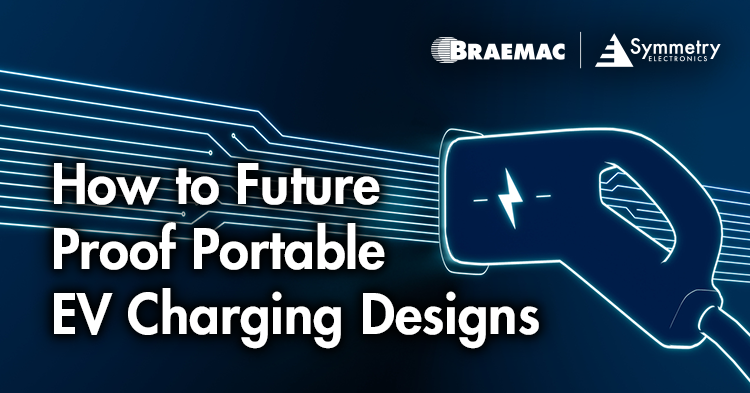
What is a Portable Electric Car Charger?
A portable electric vehicle (EV) charger is a compact, mobile device that allows EV owners to recharge their vehicles without relying on fixed infrastructure like wall-mounted stations or public charging networks. Designed for flexible, on-the-go use, these chargers typically plug into standard wall outlets or high-powered mobile connectors. Contrary to popular belief, portable EV chargers are more sophisticated than just oversized power banks. While some models include batteries, there are two main categories of portable EV charger designs:
Batteryless Charging Cables
Functioning like intelligent extension cords, these chargers plug directly into a 120 V or 240 V outlet and the vehicle. They don’t store energy—instead, they manage the safe flow of electricity from the grid to the EV. Many models feature current limiters, ground fault protection, and other built-in safety mechanisms.
Battery-Powered Portable EV Chargers
Acting as mobile energy storage units with large lithium-ion batteries, battery-powered EV chargers can be charged ahead of time. Thought of as almost a “jump-starter” for EVs (but much larger), they can be taken on the road.
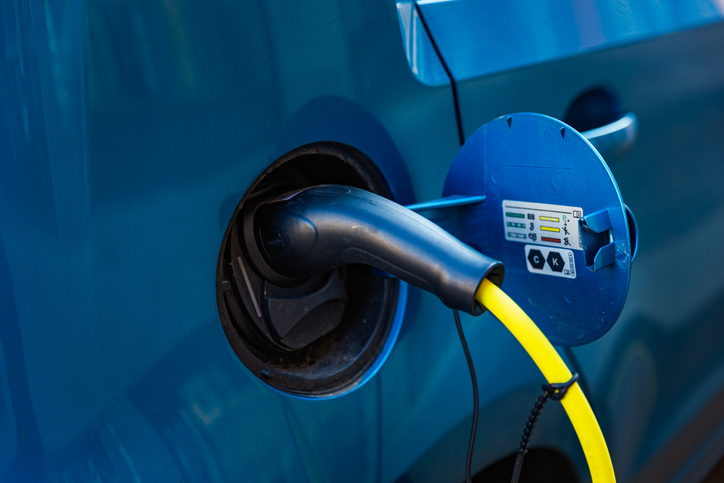
The Core of a Future-Proof Portable EV Charging Design
Portable electric car chargers do offer convenience, but their longevity and performance increasingly hinge on their ability to adapt, communicate, and secure data. For both batteryless charging cables and battery-powered solutions, reliable connectivity is a crucial design consideration.
As EV adoption surges and grid infrastructure modernizes, the expectations placed on charging systems are also evolving. Portable EV chargers, once simple pass-through devices, are now part of a broader smart ecosystem. They need to:
- Interface with mobile apps
- Receive firmware and software updates
- Securely transmit charging data
- Support payment systems
- Integrate with smart homes and emerging V2G (vehicle-to-grid) platforms
Future-proofing a portable EV charger means designing for long-term compatibility, security, and adaptability in an evolving ecosystem. This requires interoperability across vehicle types, secure handling of data and firmware, upgradability through over-the-air updates, smart integration with phones and grid systems, and power efficiency for mobile use.
Without robust connectivity, chargers can't communicate with users, integrate with smart infrastructure, or receive critical software updates. Wi Fi enables remote diagnostics and cloud syncing, Bluetooth® LE allows fast mobile pairing, Matter ensures smart home compatibility.
u-blox IRIS W10 Series
As a next-gen tri-radio solution, the IRIS-W10 series from u-blox combines support for Wi-Fi 6. Bluetooth® LE 5.4, and IEEE 802.15.4 low-rate wireless networks, (Matter over Wi-Fi, Thread, and Ethernet connectivity). With key applications in industrial automation, smart buildings and homes, smart city, medical and healthcare devices, telematics, and point-of-sales, the IRIS-W10 series ensures seamless connectivity.
Its built-in Arm® Cortex®-M33 core eliminates the need for an external microcontroller, enabling local control of sensors, relays, and safety logic—all within a single module. Advanced security features like Arm TrustZone®, secure boot, and encrypted flash protect both firmware and user data. Combined with over-the-air (OTA) update support, IRIS-W10 makes it easy to deploy firmware upgrades, security patches, or compliance updates long after product launch—making it an ideal choice for portable EV chargers and other connected edge devices.
- Dual-band Wi-Fi 6, Bluetooth® Low Energy 5.4 and Thread
- Powerful MCU for advanced customer applications
- Full set of enhanced security features
- Matter over Wi-Fi or Thread
- PCB antenna or external antenna options
- Global certification




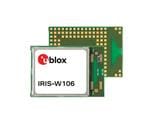



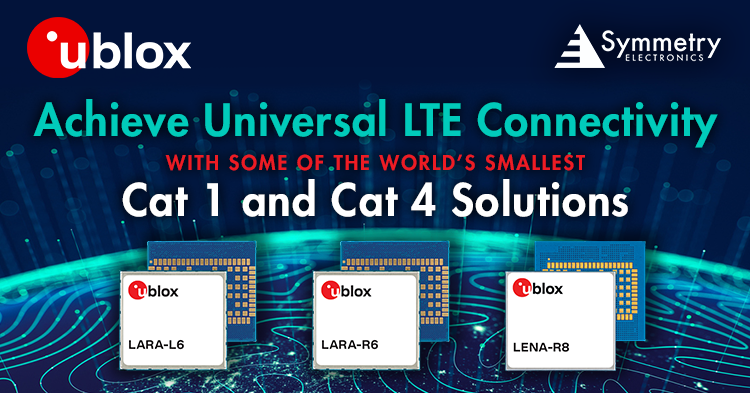
.png)
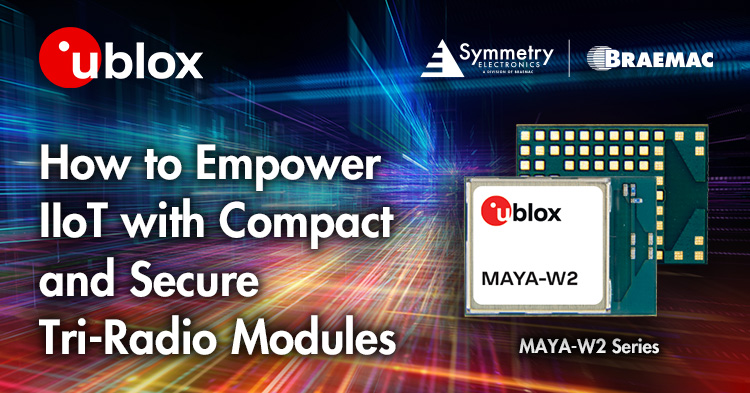
.png)